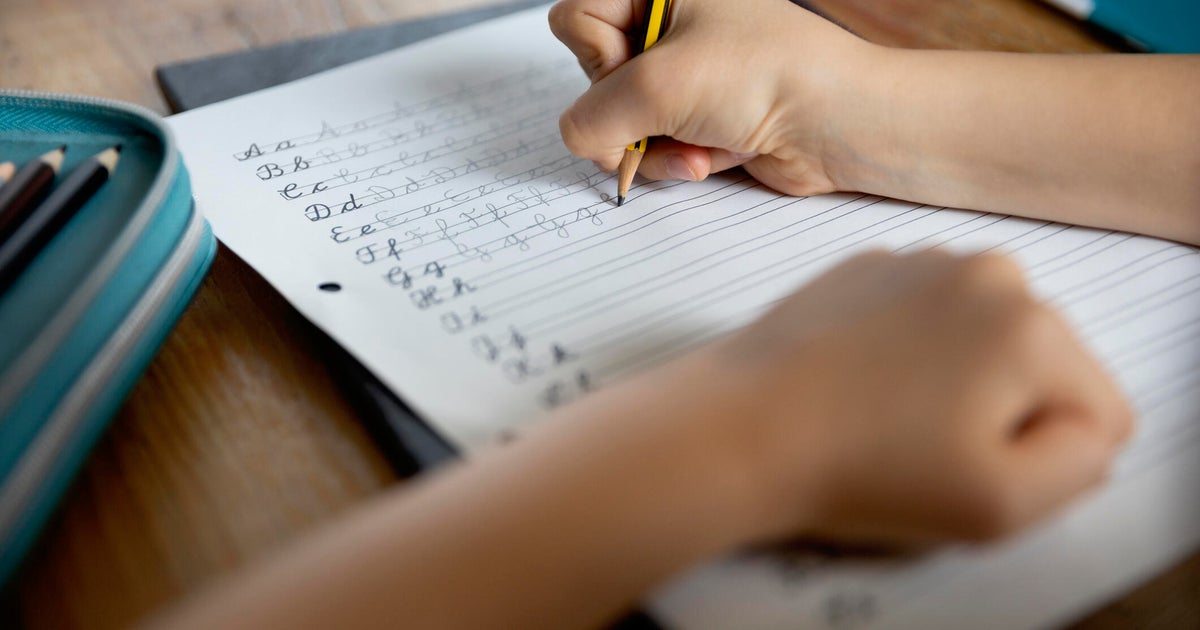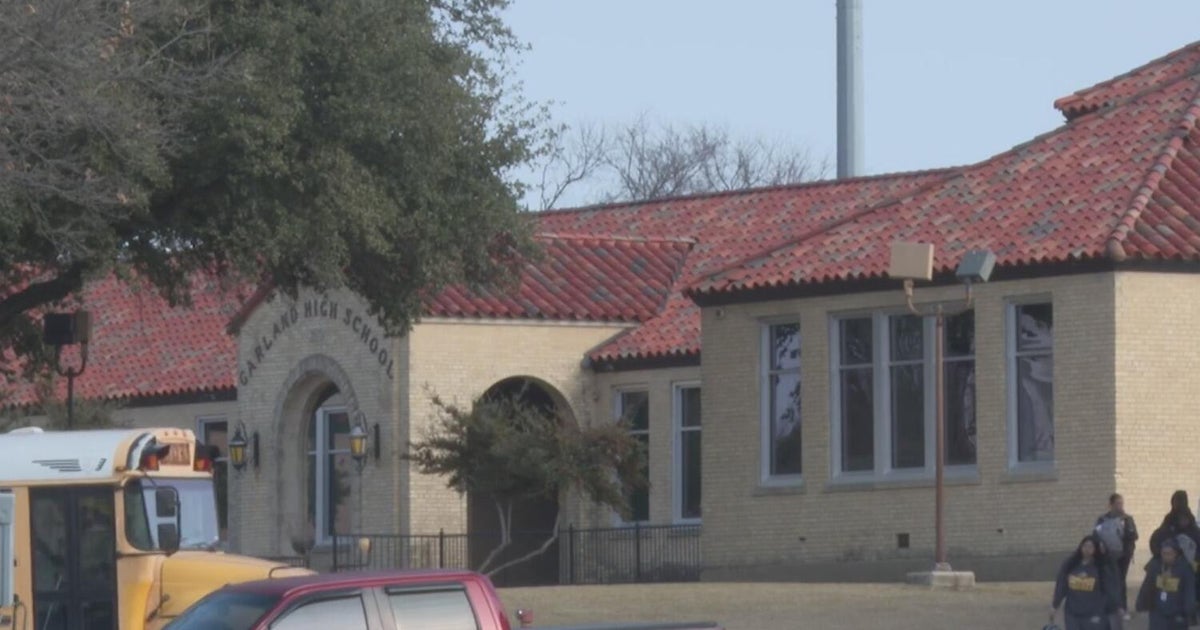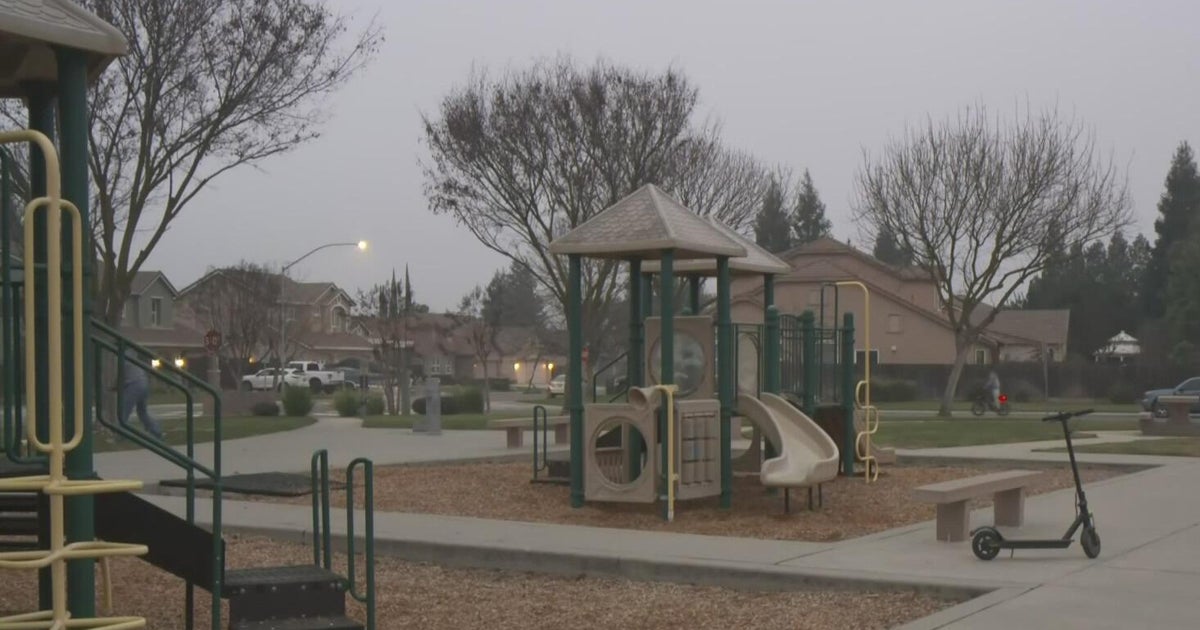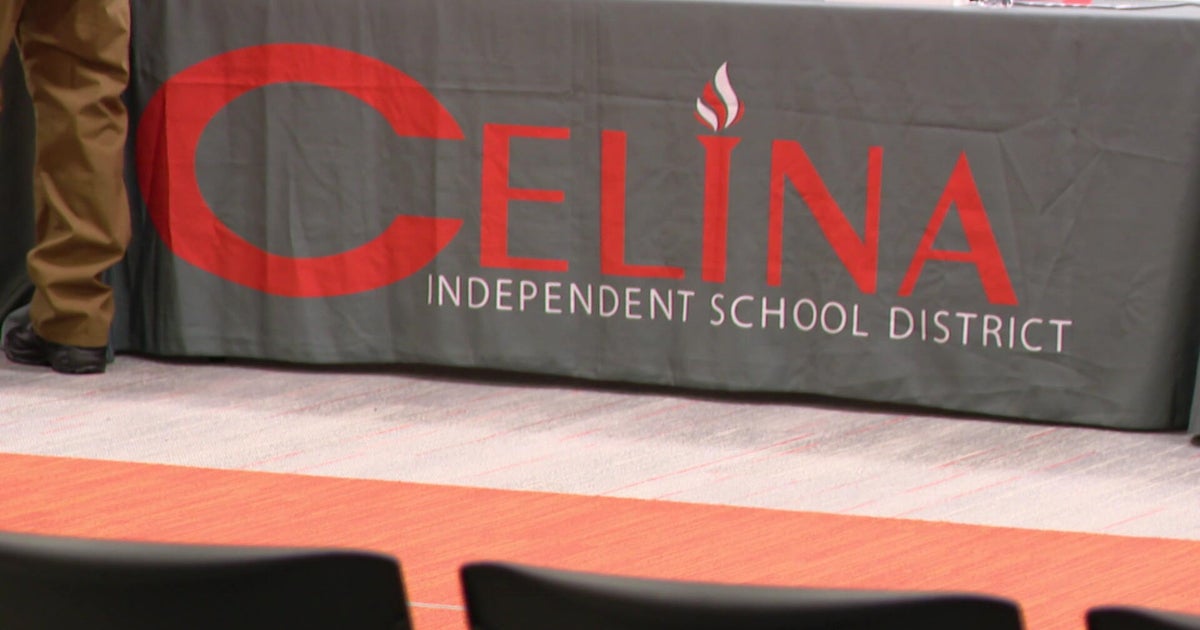Advocates concerned Anne Arundel Schools' flag policy could harm inclusivity, education efforts
BALTIMORE -- A controversial policy is on the table for Anne Arundel County's Board of Education. It centers around the flags students can see flying at schools and in their classrooms.
While the proposal is in the early stages, already some residents are worrying the police would prohibit gay pride and Black Lives Matter flags from school grounds, much like a Carroll County policy enacted last year.
The first reading of the AACPS policy happened during a meeting last night, allowing people to publicly express their concerns.
But parents, teachers, LGBTQ+ advocates and the NAACP made it clear that this policy could be doing more harm than good.
The proposal was created by board member Corine Frank and it allows the United States flag to fly along with the flags representing the state and the county.
But the policy says displaying flags on school and district property should be limited to ones that have "a bonafide educational purpose."
Many of them pointed out that inclusivity is vital to their children's education and prohibiting certain flags would symbolize division.
"So which flags is this policy trying to keep from being flown?" asked NAACP representative Mary Dudoney. "The NAACP is concerned that AACPS may choose restriction rather than education as a way to address these extremely divisive, contentious and very much present in our time problems."
"Flags are a symbol of community and belonging," said Russel Leonie, a 5th-grade teacher. "This policy would greatly limit the educator's ability to visually demonstrate that all of our students are welcome in our schools."
Superintendent Mark Bedell says it's too early to voice an opinion on the policy, but that inclusivity must be protected.
"We need policies and programs that help us foster environments where our students are accepted, provided access, and feel supported," Bedell said. "We have to be intentional about that throughout the educational journey for every single student."
The superintendent says the policy will have at least three readings.
It will also go out for 30 days to give the public enough time to voice their concerns to properly weigh out the policy.







